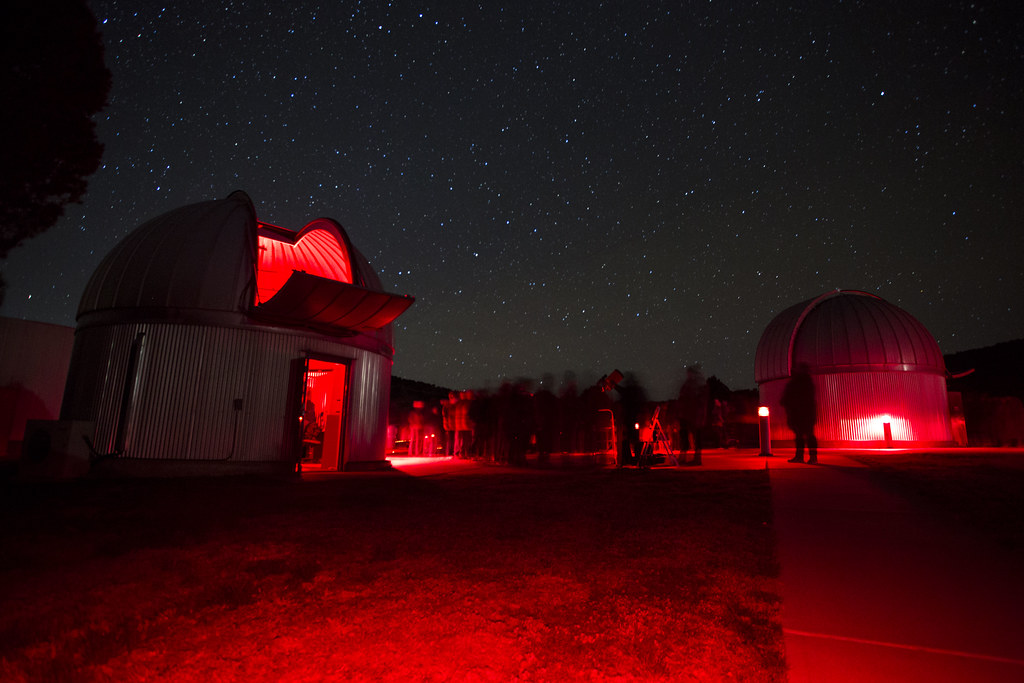Lots of developments to cover since last week's Update. These are just from today, part of why this post comes later than usual.
She was indeed the most progressive candidate on reparations.
I doubt whether a future in politics is in the offing despite her recent history in California and this White House shot, but one never knows, does one.
This is spot on. It's a two-old white man race from here. Before we get to that, let's glance at next Tuesday's CNN-moderated debate lineup.
The candidates have stratified into the following tiers:
1. Biden and Sanders
2. Warren and Buttigieg
3. (a) Klobuchar
3. (b) Yang, Steyer, Bloomberg
4. (and functionally extinguished): Booker, Bennet, Delaney, Gabbard, and Patrick
The longest shots to pop at a price, as they say down at the paddock, are the billionaires. They are spending whatever it takes on their way to the nomination. One -- I doubt both -- could very well be left standing in July. Of the pair, I believe that Steyer has the stronger hand as an outsider who's been running on two systemic changes: climate and impeachment. Bloomberg has baggage as a former Republican, "stop and frisk", some #MeToo issues and a few other things.
But Bloomey is building the Democratic Party for future victories in purple states, and at some point he will be rewarded for that. What his reward will be, and who gives it to him remains to be seen.
Part 2 will focus on Bernie and Uncle Joe, with some of the odds and ends that are piling up on the fringes of the presidential campaign. And the snark, as always.
Writer, entrepreneur and spiritual leader Marianne Williamson has ended her presidential campaign, months after garnering viral attention in early debates, earning curiosity but little support from Democratic voters.
"The primaries might be tightly contested among the top contenders, and I don't want to get in the way of a progressive candidate winning any of them," Williamson wrote in a letter to supporters. "As of today, therefore, I'm suspending my campaign."
A politics of conscience is still yet possible. And yes….love will prevail.https://t.co/BqTKQFI338— Marianne Williamson (@marwilliamson) January 10, 2020
She was indeed the most progressive candidate on reparations.
Williamson's campaign revolved around several policies, including allocating $500 billion for reparations to African Americans and Native Americans, as well as other proposals for tackling economic inequality. She advocated for the creation of several new governmental organizations, including a Department of Peace and U.S. Department of Children and Youth.
I doubt whether a future in politics is in the offing despite her recent history in California and this White House shot, but one never knows, does one.
A brokered convention is more likely than Elizabeth Warren winning the nomination, FiveThirtyEight forecasts https://t.co/woYabxZuU3— Generic Old White Guy (@PDiddie) January 10, 2020
This is spot on. It's a two-old white man race from here. Before we get to that, let's glance at next Tuesday's CNN-moderated debate lineup.
We’re fairly confident in the debate roster at this point, though, because no one else is close to qualifying. ... (T)wo polls from Fox News dropped late Thursday, putting billionaire activist Tom Steyer on the debate stage. In the end, he qualified for the debate via the early-state polling method (at least 7 percent in two early-state polls), picking up a startling 15 percent in South Carolina (he’d hit 4 percent previously in October) and 12 percent in Nevada (5 percent previously in November). So far, he’s the only candidate to have qualified solely via the early-state method.
As for the five other candidates who have made it, four of them sit above 5 percent in the national polls: former Vice President Joe Biden, Sen. Bernie Sanders, Sen. Elizabeth Warren and former South Bend, Indiana, Mayor Pete Buttigieg. As for Sen. Amy Klobuchar, she, like Steyer, is polling below 5 percent nationally (she’s at 3 percent, on average; Steyer’s at 2 percent), but she’s still managed to crack 5 percent in six polls (a mix of early-state and national surveys) to qualify.
As for the other major candidates still in the race, only billionaire and former New York City Mayor Michael Bloomberg has reached the polling threshold. But because he isn’t seeking donations, he’s unlikely to attract enough individual contributors to qualify for the debate. But that probably doesn’t faze Bloomberg much, as he’s said making the debates isn’t really part of his strategy. Tech entrepreneur Andrew Yang and Sen. Cory Booker have enough donors to qualify (though Rep. Tulsi Gabbard is also close to the donor threshold), but have likely come up short on the polling front. Yang was the only other candidate to pick up a qualifying poll, but he needs three more to make it ...
Until (yesterday), there had been a pronounced dearth in polling since late December, with only two qualifying polls released since the Dec. 19 debate. The lack of polling prompted Yang to ask the DNC to sponsor some surveys, but the DNC declined to do so, telling the New York Times that the organizations on the DNC’s polling list “should conduct more independent polling.” Of course, many pollsters avoid polling during holiday periods because of depressed response rates, which is one reason there are fewer qualifying polls this time around. But another culprit for the lack of polls may be the ongoing impeachment of President Trump. Conducting high quality polls is expensive, and some pollsters may have prioritized surveys on that question over horse-race polls of the Democratic primary, as impeachment -- not Iowa -- was the political story of December. But then it started raining polls on Thursday, when three new surveys came out. At least one more poll is expected Friday, though that wouldn’t be enough to change things for any of the candidates on the outside looking in.
The candidates have stratified into the following tiers:
1. Biden and Sanders
2. Warren and Buttigieg
3. (a) Klobuchar
3. (b) Yang, Steyer, Bloomberg
4. (and functionally extinguished): Booker, Bennet, Delaney, Gabbard, and Patrick
The longest shots to pop at a price, as they say down at the paddock, are the billionaires. They are spending whatever it takes on their way to the nomination. One -- I doubt both -- could very well be left standing in July. Of the pair, I believe that Steyer has the stronger hand as an outsider who's been running on two systemic changes: climate and impeachment. Bloomberg has baggage as a former Republican, "stop and frisk", some #MeToo issues and a few other things.
But Bloomey is building the Democratic Party for future victories in purple states, and at some point he will be rewarded for that. What his reward will be, and who gives it to him remains to be seen.
Part 2 will focus on Bernie and Uncle Joe, with some of the odds and ends that are piling up on the fringes of the presidential campaign. And the snark, as always.






